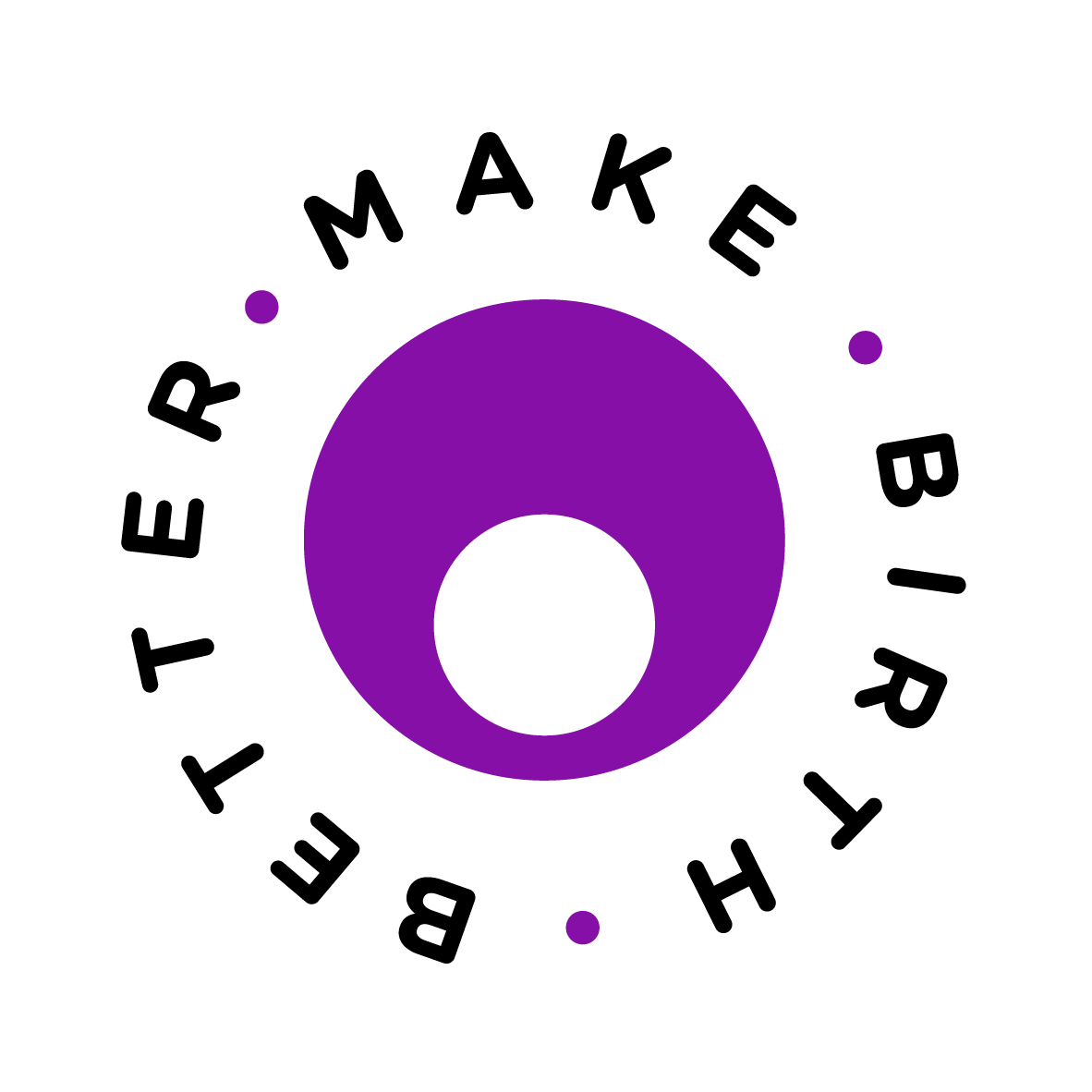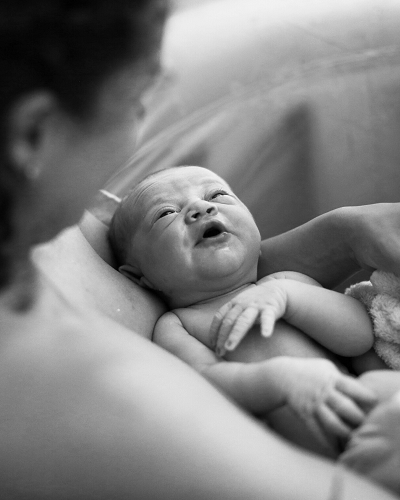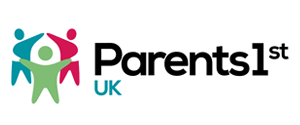The concept for ‘Make Birth Better’ began from a post on Instagram that explained the difference between Postnatal Depression and Post-Traumatic Stress Disorder. The response to this post was overwhelming; the lasting imprint of birth trauma and the need to improve help, support and understanding could not have been clearer.

Founded in 2018 by Dr Rebecca Moore and Dr Emma Svanberg, Make Birth Better aims to raise awareness of the impact of birth trauma, offers support to parents, families and professionals who have gone through trauma, provides training to those working with parents, and aids others in vital research, all with the primary aim of ‘making birth better’.
Pregnancy and birth are expected to be a positive and happy experience. Unfortunately though, this isn’t always the case for a variety of reasons. Birth trauma alone affects at least 1 in 4 women and 1 in 25 of these women will develop PTSD.
It’s not easy to hear. But we need to say it. Birth can be distressing sometimes. So much so, it’s traumatising.
Dr Rebecca Moore, Make Birth Better
Birth trauma includes any traumatic experiences (feeling afraid/out of control/helpless) during conception, pregnancy and beyond and can affect parents, birth partners, professionals, family and friends. The deep and profound impact of a traumatic birth is not something that can be easily forgotten. It is however treatable, and it can be preventable.
Responses to a traumatic event are individual but may include avoiding reminders of the trauma, changes in mood, flashbacks, nightmares or intrusive thoughts. Even if you’re on the mild to moderate end of the trauma scale, it can still be life altering.
Trauma is also not exclusive to those experiencing the event. Vicarious trauma can occur when witnessing a traumatic experience, especially when you witness or experience multiple difficult events. Dads, partners, professionals and birthing partners can all suffer vicarious trauma.
Make Birth Better offer advice and support for parents and professionals and have put together a 15 minute video to introduce you to the key facts about birth trauma and vicarious trauma: "Birth Trauma 101".
How can peer support help?

The evidence that peer support offers a unique and invaluable contribution to achieving healthier pregnancies, better births and happier babies is overwhelming. Quality peer support can nurture the confidence of parents to develop their resilience, knowledge and skills to give their babies the best possible start in life, leading to better outcomes for both parents and babies.
Peer supporters try to engage as early as possible in pregnancy and can help parents to communicate their worries or needs. They often translate medical jargon and explain processes and options to parents. They are there to help parents to prepare before the birth and can be alongside them to reassure and ensure they are not alone during the birth. After the birth they can then be there to listen and provide practical support.
Difficult experiences during pregnancy and birth do not need to result in trauma. According to the Birth Trauma Association poor communication between professionals and parents can be a major factor in birth trauma:
“The vast majority of women suffering postnatal PTSD tell us that the way they were treated in hospital has been a major factor in developing the condition. Often communication was poor, so when they tried to voice a concern, they were ignored. Sometimes, they’ve been kept in the dark as to what is happening, leading to them feeling frightened that they or their baby are about to die. Procedures such as internal examination have been performed on them without their consent. They have been laughed at or told to stop making a fuss.
One of our members tells us that a midwife asked her husband: “Is she always this much of a drama queen?”
Many parents ask their peer supporter to be present at medical appointments and at the birth. They can help to bridge the gap between professional and parent, improving two-way communication, which can be particularly useful if there are language barriers. It can help parents to feel more involved in the process and more in control.
The unique, trusting relationship between peer supporter and parent can help mums, dads, birthing people and partners to talk about and process their trauma, overcome fear associated with a previous traumatic birth or even prevent trauma from occurring. Peer supporters are also able to signpost parents to other organisations if they need further support.
The lived experience of a peer supporter is also incredibly important. They are not professionals, but parents who have been there themselves. Hearing other’s birth stories or experiences can normalise your own and knowing that others have come through this journey and healed not only creates hope, but can help you to talk about and process your own experiences. Kindness, empathy and feeling that someone is ‘in your corner’ really can make all the difference.
Peer support and lived experience voices can be a powerful addition to the prevention and treatment of birth trauma.
There is much wisdom and richness to be heard and learned from lived experience voices in how we can better prevent birth trauma, giving us valuable new perspectives that widen our understanding of person-centred and trauma-informed care.
For those who have experienced birth trauma, the isolation - emotionally and physically - can compound and aggravate symptoms. Knowing we are not alone in our challenges, that recovery is possible and we don’t have to walk the path alone, can help in healing the pain and powerlessness we can feel on our recovery journeys.
Sakina Ballard, Make Birth Better Community Lead
Make Birth Better feel that it's vital that peer supporters providing any kind of perinatal support have the skills and knowledge to support those affected by birth trauma, and include the role of peer supporters in the 'Treatment, support & healing' module of their training. There is also a comprehensive library of resources available on their website.

